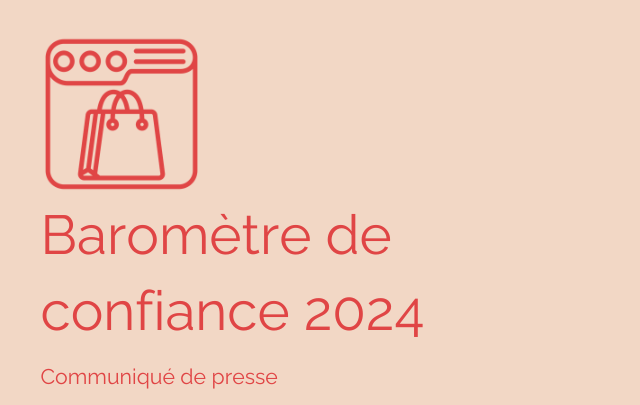
Real estate transactions by non-residents: new regulations change the way things are done for everyone

What you need to know
Over the past few years, foreign buyers have shown increasing interest in the Canadian real estate market, particularly in Vancouver and Toronto. But Quebec is also on the radar of these investors, and transactions with international buyers and sellers are multiplying.
This rise in interest rates has an impact on you. In fact, the phenomenon is helping to create a speculative bubble in the real estate market, which is creating its own set of problems. Think of the difficulty of finding a home at a reasonable price, the difficulty of gaining access to certain neighborhoods, and the staggering rise in house prices in recent years.
The government is keeping a close eye on the effects of this bubble, because of the significant consequences it could have on the economy, and is putting in place various means to prevent the phenomenon of real estate overbidding. Following in the footsteps of British Columbia and Ontario, who have decided to measure the extent of the phenomenon in order to better control it, the Quebec government has decided to follow suit.
On December 7, 2017, the Minister of Finance presented a bill allowing him to collect certain information as part of a real estate transaction. This information, determined by regulation, will enable them to obtain a more accurate picture of real estate transactions carried out here by foreign investors and eventually take the necessary measures to develop fiscal, economic, budgetary and financial policies to counter the phenomenon of real estate speculation.
A new obligation
As of October1, 2020, businesses and citizens will be required to provide additional information during real estate transactions, including:
- The citizenship of each party to the real estate transaction, or their permanent resident status;
- For a company, the name of the state, province or territory of incorporation;
- Further clarification as to whether the individual acquiring the property or a member of his or her family intends to occupy the property or a dwelling in it as his or her principal residence;
The role of the notary
The notary in charge of the file will be responsible for gathering the information. He may ask you to give him a form that you can fill in before meeting him at his office. The notary will then transmit this information to the government when the deed of transfer of ownership is entered in the land register. If this information is not provided, the transaction cannot be registered.
It is not yet possible to accurately assess the additional processing costs generated by this new obligation. It is possible that you will be charged additional notary fees for collecting and transmitting the information to the land registry. We invite you to consult your notary to understand the fees associated with your file.
Protected data
Are you concerned about the confidentiality of your personal data? Notaries must comply with strict security standards. In fact, the Chambre des notaires du Québec has put in place measures to ensure that your personal data is kept in a safe place, just like all documents that pass through the hands of its members.
Despite the additional work generated by this new obligation for both the citizen and the professional involved, it's important to remember that the collection of this new information will surely lead the government to legislate to better control real estate speculation in the province.
Do you have any questions?
Call our toll-free number 1-800-NOTAIRE (1-800-668-2473) to speak to a notary. This service is available Monday to Friday, 8:30 a.m. to 5 p.m.






